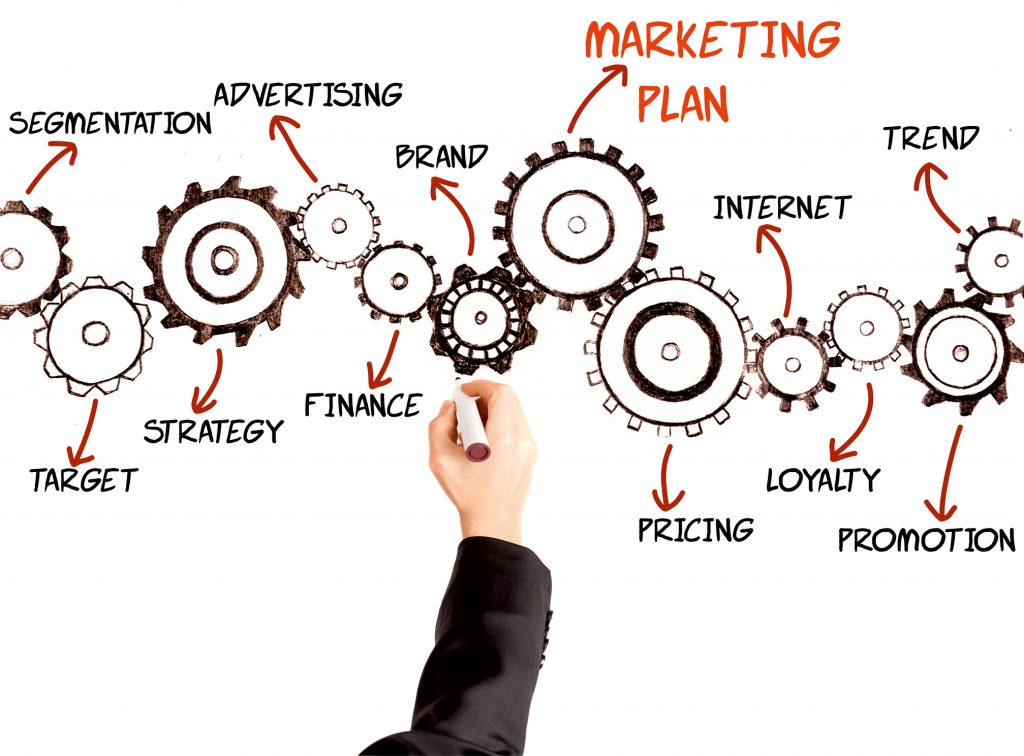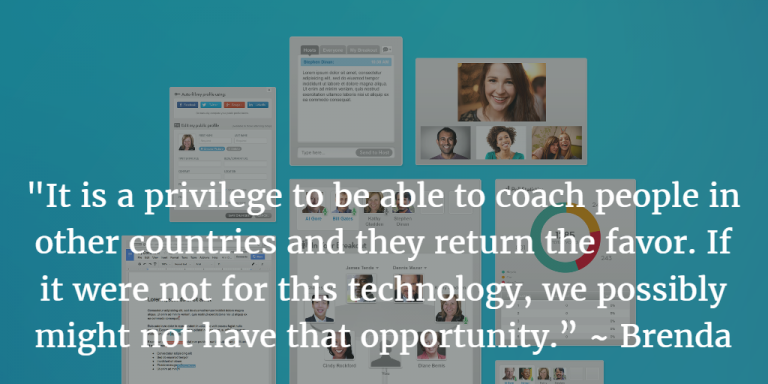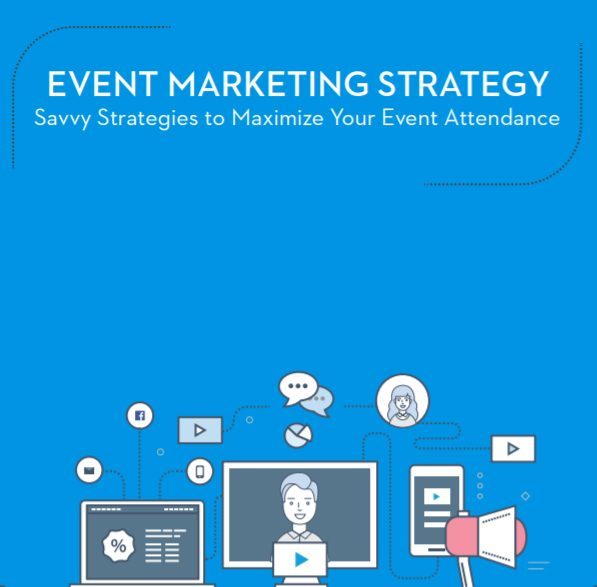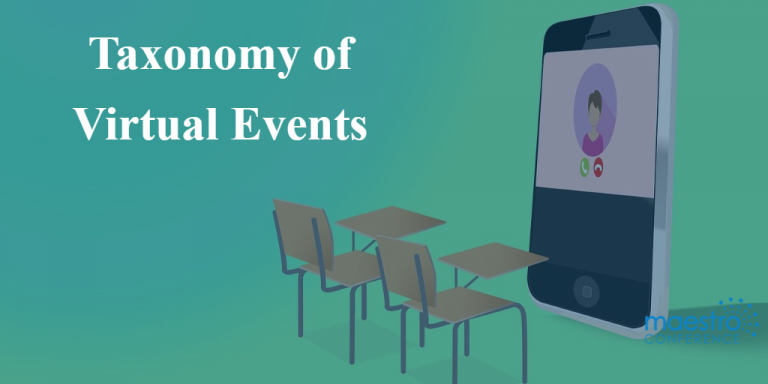How to Become an Event Planner in 2017
A well-executed event leaves both attendees and hosts with a sense of accomplishment. From networking meet-ups where attendees connect with their peers, to conferences where everyone walks away having learned something, a successful event is a huge sigh of relief.
Have you ever given thought to the back-end work that goes into organizing an event? Event planning requires some heavy lifting, from deciding on a big-picture vision to delivering on the minor details and keeping a cool head throughout the process. A career in this field is rewarding, but it’s no easy feat to make an event valuable for all who are involved.
In fact, “event coordinator” was named the 5th most stressful job in 2017 — with jobs that pose a threat to physical safety taking the top 4 positions. This is partially due to the fact that the required skills for success as an event planner can’t be learned from a book. Experience, networking, and the right attitude are required to go far in this field.
Do you think you have the skill set to become an event planner? Eventbrite used expert advice to outline the path to this field below, and we’ll delve into how it applies to conferences.
Here is a career roadmap to becoming an event planner to keep on hand:
How Education, Experience, Essential Skills & Earned Certification Apply to Events
Now you’ve earned your degree, obtained some basic work experience, developed a handful of essential skills, become certified in the field…so you think you can plan an event?
Well, it’s time to apply that education, experience, and certification to the real world of event planning. Whether you have one month or one year to develop your plan, the difference between a good event and a bad event will ultimately be determined by the amount of time, energy and creativity you put into getting people to register and attend.
According to Hubspot, most B2B companies spend 5-8 weeks planning an event. How should you, newly educated and certified event planner, spend the eight weeks before your first event? Here are some things to consider.
Skills, Skills, Skills, Can You Use Those Skills!
Now’s a good time to remind you about “event coordinator” being named the 5th most stressful job in 2017.
Managing and organizing the many intricate details that go into planning an event and making sure that these details are properly communicated to the various parties involved in delivering them means that the role of “event coordinator” is like being the director of a blockbuster Hollywood movie, with the budget of a small town’s local theater.
Your education serves as the foundation of event planning, but knowing how to plan versus actually planning an event are two very different things. Which is why the hands-on experience at an entry-level position or internship are an invaluable part of the learning process. There’s no better way to learn than by doing.
Remember those skills you needed to develop? They’re “essential” to being a successful event planner because the stresses and demands of the position are unique.
- Computer literacy – almost everything about the pre-event process happens online. Marketing the event, managing registrations, posting the schedule, building anticipation, getting people to share with their networks – these crucial components of event planning are all happening online, so knowing your way around the computer is an absolute essential. You either know how to use the computer well, or you hire someone who does (or probably even both). And we don’t just mean being able to create a PowerPoint or send an email, by the way!

- Work ethic – there are many moving pieces that go into planning an event. Booking the venue, signing the paperwork, contacting, booking and scheduling talent – host, speakers, keynotes, paying the vendors – you need to be able to keep a mental note of the status of all of these things (and many, MANY more), all at the same time while tracking progress individually to make sure they stay on their respective schedules. And oh, you need to do that without letting any of these pieces slip through the crack. If any one thing falls behind schedule or fails, it can derail your entire event. Talk about pressure!!! (Tip: Event management software enables you to seamlessly coordinate most of the logistics of your event. Get software ASAP! Hence, the need for computer literacy skills…)
- Communication – remember all of those moving pieces we just warned you to stay on top of? Well, there’s a human element to each of them – your event management software has a support rep; the venue for your event has a director; your keynote likely has an assistant; each of your speakers may have their own marketing team – and they all individually need to know their specific “what, how, why, and when.” Communicating effectively, succinctly, accurately and politely are crucial to making sure that everyone is and stays on the same page.
- Composure – if you have probably noticed by now, all of these people, places and things you need to keep track of and communicate with make for a pressure cooker of an environment. Are you able to keep your calm and cool when that pressure (and tension) inevitably start to rise? You better be. Things will go wrong, someone will be late, a key detail will be overlooked – are you able to resolve the issue and keep the show going on? If not, you may need to revisit your choice of profession. (Remember, it’s the most stressful job that doesn’t pose a threat to physical safety.)

- Interpersonal – clear communication and staying calm under pressure are prerequisites to developing and nurturing strong relationships with your team of assistants and vendors. If you start to get angry and stop communicating with the rest of the event planning team, your event will suffer. Maintaining open lines of communication and positive, productive relationships with everyone involved in the event – from the person handling event registrations to the technical crew driving your event – will ensure that your event stays on schedule, even if you realize something is going wrong.
- Negotiation – everything about event planning is essentially a negotiation. At its most basic level, an event is a negotiation between you and your audience – you want people to attend your event? They want to know what value or benefit they can derive from attending. You want a partner to promote your event? They’re going to want something in return. You need to be able to negotiate with your audience, promise and then deliver on a good experience. And that starts with negotiating favorably with the vendors (again, getting back to maintaining positive relationships). A disgruntled vendor or an upset keynote speaker has the power to take your event down.
- Problem-solving – things will go wrong. The Law of Averages suggests that increasing the number of things that can go wrong increases the probability that something will (or you can go even further and think of Murphy and his Law that states that everything that can go wrong will). Problems will arise, event hiccups will happen. How will you solve them? Can you create a solution out of a problem?
10 Steps to Planning Your 1st Event
Now that we’ve covered how and why each of these skills is essential to the job of event planner, let’s get into the tactical nuts and bolts of actually planning your first event.
The planning that takes place well before the event happens is critical since this stage will ultimately determine whether your event succeeds or fails. For starters, most people make the mistake of launching the marketing campaign after every last detail has been finalized and the event website is ready to go live. There’s no need to wait that long.
Promoting your event two to three months prior to the event date will produce exponentially greater results than if you promoted it only a few days before. So what if the trivial details haven’t been decided yet? You can still create a page online and keep updating it as details are finalized.
While you’re starting to market your event, the actual logistical planning should be continuing at the same time. Assuming you’ve already chosen the topic of your event (which obviously should have been #1 on your to-do list), one of the most important things you’ll have to decide very early on – whether your event will be in-person or virtual. Both have their advantages and disadvantages, benefits and limitations, but your skills will come in handy with either format.
If your event will be in-person, you will still want and need to purchase an event management software and most of your marketing efforts will be happening digitally so computer literacy will still be critical to event success. An offline event has an added layer of complexity due to the fact that you’ll need to find, book and negotiate a venue to rent for your event and there will likely be more vendors to manage and communicate with. Moreover, the cost, time and energy to host an in-person event can be orders of magnitude greater than an online-only event.
If you’re going virtual with your event, computer literacy is paramount to the planning. Event management software and digital marketing efforts are, in large part, the same whether your event is online or offline, but hosting a virtual event also requires a virtual conferencing software.
Word to the wise: the day of your event is NOT the day to learn how to use your virtual conferencing software. We’ve seen it time and time again…an event planner waits until the day before or day of their event before doing a test run of the conferencing software only to message us in a panic that they can’t figure out how to use the virtual breakout groups or the audience polls or the screen-share or some other feature central to their agenda. 
Back to the logistical nuts and bolts, the list of things you need to consider when planning an event, regardless if it’s a virtual or in-person one, is the same and include the following:
- Establish clear, trackable goals – what do you hope to get out of the event, how will you measure your results, what does “success” look like? Answer these questions BEFORE proceeding to the next step.
- Select a date – seems like a simple, obvious step, but critical questions must be answered – when do you think your event will have the highest attendance, are your speakers and keynote available, are there competing events in your industry?
- Recruit an event committee – those many moving pieces are more easily managed if you have a strong team supporting you, so get help for your event. Trust us, even the best, most experienced event planners have a team of people helping them behind the scenes.
- Create publicity and a launch plan – the number of results you can possibly generate for your business is directly proportional to the number of people attending your event, so start publicizing your event as soon as the topic and date are finalized.
- Identify speakers and sponsors – put those interpersonal, communication and negotiation skills to good use by signing up speakers that will help you promote your event, literally and figuratively (in other words, having a well-known, in-demand speaker on your schedule will increase attendance).
- Finalize topics – you can have the most attention-grabbing title for your event, but if the agenda doesn’t directly tie in to and support that title with interesting, timely, informative topics, people will not register for the event.
- Create the full event agenda – using your recently finalized topics as an outline, make sure the activities throughout your agenda flesh out those topics and require audience participation. Even a simple poll or question and answer session can engage participants.
- Set registration fees – decide if you plan to charge for people to register or make it free to attend your event (refer back to your goals and determine which approach – free or paid – will get you closer to achieving them).
- Request presentations from speakers – that essential communication skill comes back into play here; and if your speakers don’t provide their presentations or send a slide deck that is relevant to your event, you might need to rely on your composure and problem-solving skills.
- Learn the technology – whether it’s the event management system, the venue’s audio/video and lighting system, or the virtual conferencing software, be familiar with the technology you are using. All members of your team should know and have firsthand experience using the tools you’ll need to run your event. If you don’t know the software that you are using then your event can easily go sideways.
These are just a few of the many moving pieces that an event planner will need to consider, coordinate and confirm. 
Unless you have a seasoned team of professionals supporting you, I would strongly advise going virtual with your first event (or events) and keeping it smaller in scope. A well done virtual event can be more cost effective than any convention and an in-person conference. And the real world experience you’ll receive from planning an event firsthand will prove invaluable as you look to scale up the attendance of your future events.








